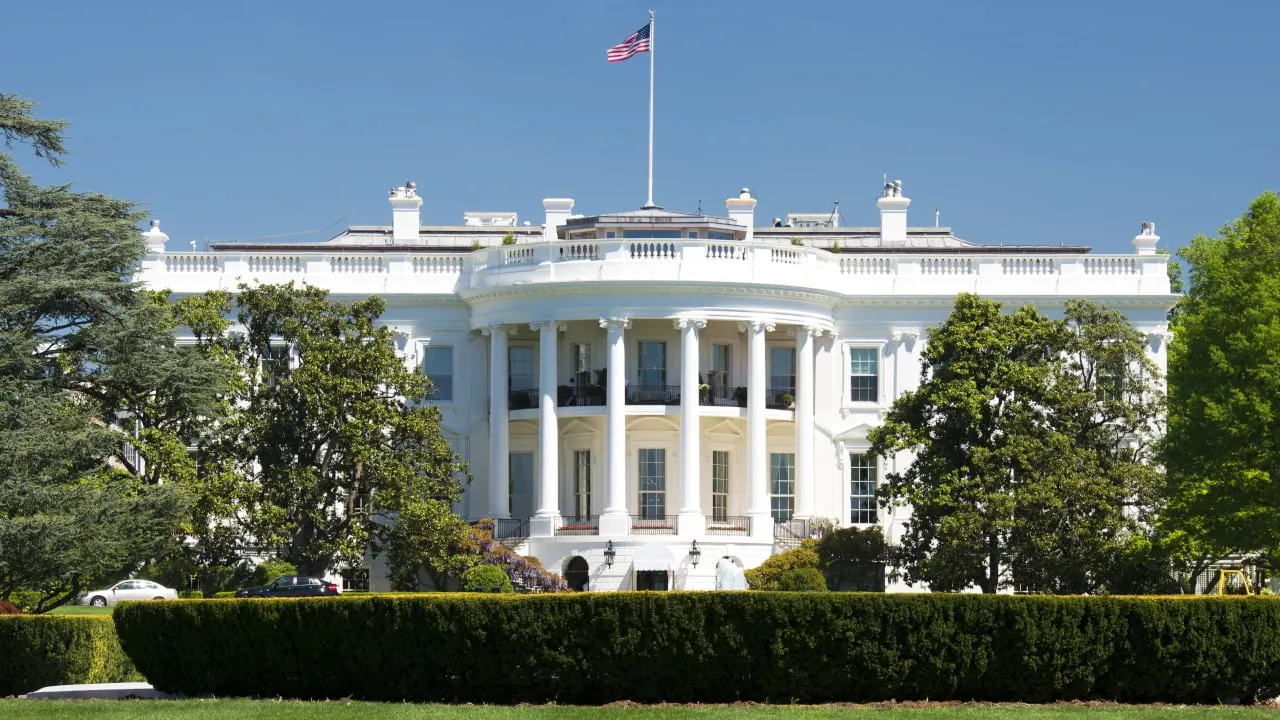On Monday, the Biden administration unveiled sweeping restrictions on the export of artificial intelligence chips and related technologies as President Joe Biden prepares to leave office.
Announced just days before Donald Trump’s transition as the President, the “Interim Final Rule on Artificial Intelligence Diffusion” seeks to maintain U.S. dominance in AI while preventing adversaries such as from exploiting advanced systems for malicious purposes.
“To enhance U.S. national security and economic strength, it is essential that we do not offshore this critical technology and that the world’s AI runs on American rails,” according to a statment from the White House.
The restrictions impose caps on the number of advanced graphics processing units and other AI-related technologies that can be exported to most countries.
While the U.S. and 18 of its closest allies, including the UK and Japan, are exempt, countries like China, Russia, Iran, and North Korea remain under strict bans.
The regulations also introduce new licensing requirements for exports to over 120 nations, with provisions for foreign governments to sign agreements for eased restrictions.
Entities meeting rigorous security standards can gain special statuses, such as Universal Verified End User (UVEU) or National Verified End User (NVEU), allowing them to benefit from advanced GPUs and scale AI capabilities responsibly.
UVEU entities can allocate up to 7% of their global AI capacity outside close allies, while NVEU entities can purchase GPUs equivalent to 320,000 advanced units over two years.
Smaller, low-risk chip orders—often used by universities and research institutions—will bypass the licensing process entirely.
Pushback
The announcement has drawn sharp criticism from the tech industry.
Chipmaker giant Nvidia criticized the policy as “unprecedented and misguided,” warning that it could undermine U.S. innovation and global competitiveness.
“While cloaked in the guise of an ‘anti-China’ measure, these rules would do nothing to enhance U.S. security,” Nvidia’s president of government affairs, Ned Finkle, said in a statement.
Currently, Nvidia sells AI chips to China, but they are scaled-down versions designed to comply with U.S. export restrictions imposed in 2022.
These chips with reduced computational power are produced to meet demand in the Chinese market without breaching U.S. security policies.
The new rule also caps chip exports to other non-allied nations at 50,000 GPUs per country, ensuring that U.S. technology supports legitimate uses, such as healthcare and education, without enabling adversaries.
Nations that align their AI and export control policies with the U.S. can double their chip caps via government-to-government agreements under the new rules.
The rules are set to take effect mid-May, providing time for adjustments under Trump’s leadership following his inauguration on January 20.
“We hope that the next administration takes full advantage of those 120 days to listen to experts, industry, industry players, partner countries, consider their input, and I fully expect the next administration may make changes as a result of that input,” US Secretary of Commerce Gina Raimondo said.
Edited by Sebastian Sinclair

